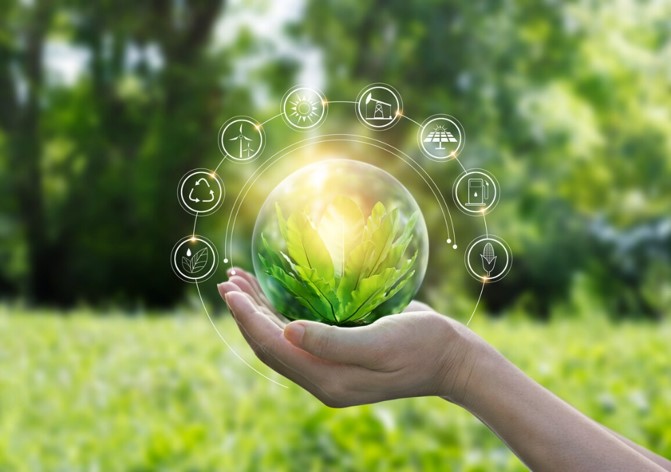
In order to achieve net zero emissions in 2050, the ever-increasing number of electronic devices must be designed in such a way that they consume as few resources as possible and can be used sustainably. Rare raw materials must be recycled highly efficiently, and complete material cycles must be developed. In order to avoid conflicting goals with subsequent performance utilization, these functionalities must be integrated directly into the design process.
Research focus: Environmental optimization of products, environmental analysis of processes, life cycle assessment, life cycle modeling, carbon footprinting, and eco-reliability.
 Fraunhofer Group for Microelectronics in cooperation with the Leibniz institutes IHP and FBH
Fraunhofer Group for Microelectronics in cooperation with the Leibniz institutes IHP and FBH